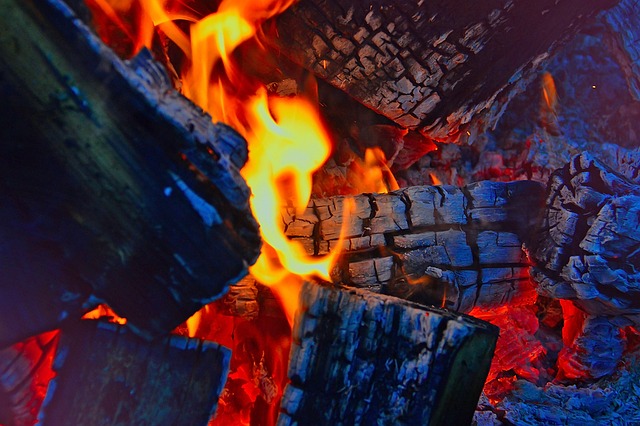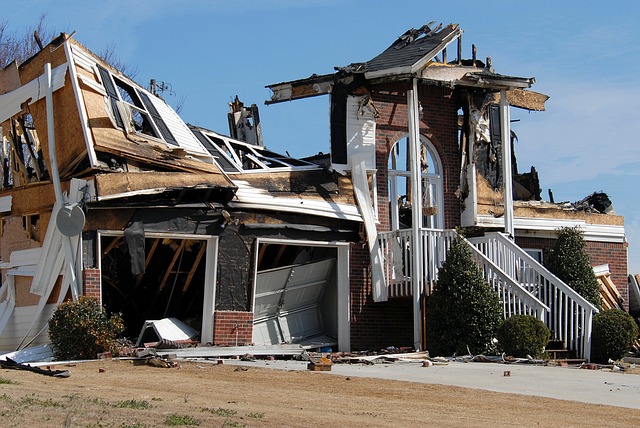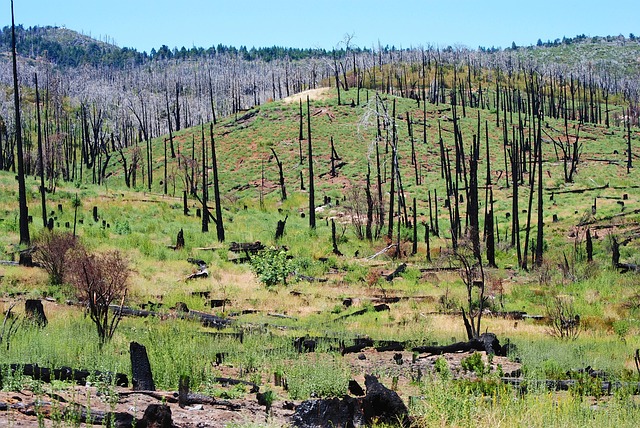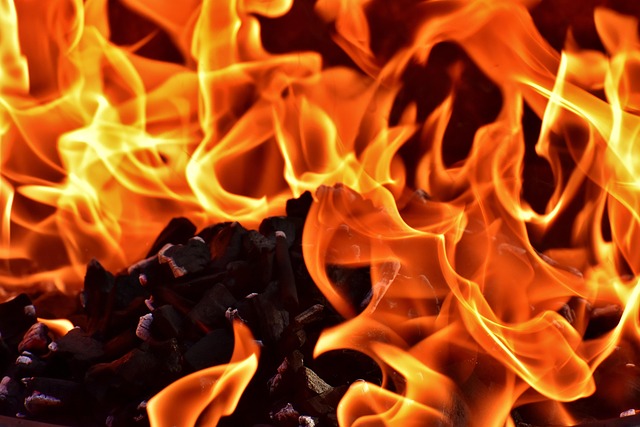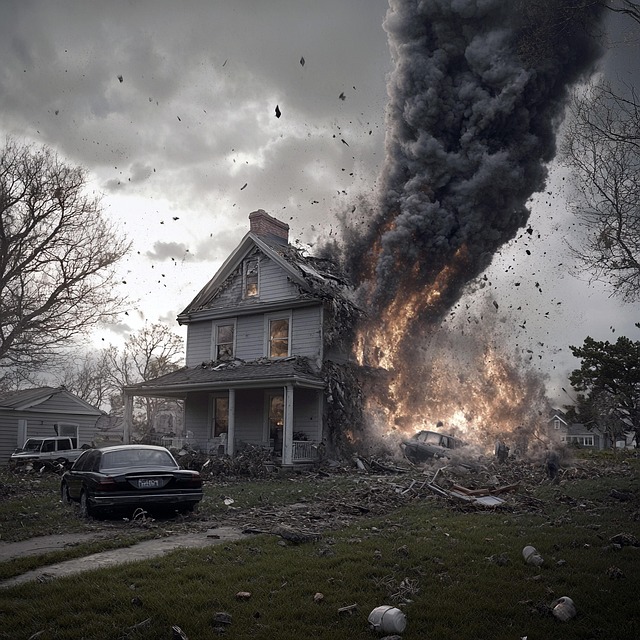Selling a fire-damaged house in California requires adhering to strict state regulations, professional inspections for damage assessment, compliance with environmental debris removal, transparent disclosure of information, and strategic marketing. Understanding repair needs, focusing on safety and code compliance, prioritizing strategic marketing with accurate documentation, restoration, and leveraging quality media is key to maximizing resale value and attracting buyers. Collaborate with real estate agents and utilize online platforms, social media, and before-and-after content to overcome fire damage perceptions in the competitive California housing market.
“After a devastating fire, selling your California home might seem daunting, but it’s a process that requires understanding and strategic planning. This guide navigates the intricate steps of selling a fire-damaged property in California, from assessing the extent of damage to legal considerations and insurance claims. We’ll explore repairs, remodels, and marketing strategies to enhance your home’s resale value, ensuring you secure the best possible outcome.”
- Understanding Fire Damage Assessment in California
- Legal and Insurance Considerations for Selling a Fire-Damaged Property
- Repairs, Remodels, and Enhancing Resale Value
- Marketing Strategies to Attract Buyers for Your California Home
Understanding Fire Damage Assessment in California

In California, selling a fire-damaged house requires a thorough understanding of fire damage assessment procedures. The state has strict regulations to ensure that properties are safely restored after a fire. Before putting your home on the market, engage professional inspectors who can accurately evaluate the extent of the damage. This process involves documenting smoke and water damage, assessing structural integrity, and determining if hazardous materials require removal.
Fire damage assessment in California isn’t just about repairing visible scars; it’s about ensuring that the house is safe for potential buyers. The assessment will guide repairs, replacement costs, and decontamination efforts, all of which are crucial factors in setting a fair asking price when selling a fire-damaged property. This meticulous approach helps protect both sellers and buyers, fostering transparency in the real estate market.
Legal and Insurance Considerations for Selling a Fire-Damaged Property
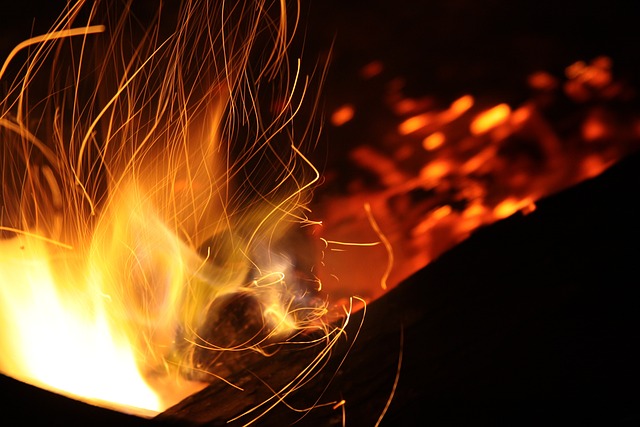
When considering to sell a fire-damaged house in California, understanding legal and insurance considerations is paramount. After a fire, both homeowners and potential buyers face complex issues. The first step involves assessing the extent of damage and whether the property can be repaired to its pre-loss condition—a requirement for many insurance claims. In California, specific regulations govern the safe removal of fire debris, ensuring that the sale process complies with environmental and health standards.
For sellers, it’s crucial to disclose all relevant information about the fire and subsequent repairs to potential buyers. This includes providing documentation from insurance companies and contractors, ensuring transparency throughout the transaction. Additionally, buyers should review their home insurance policies carefully, as coverage for fire damage varies, and understanding the terms is essential in navigating the selling process for a fire-damaged property in California.
Repairs, Remodels, and Enhancing Resale Value

When selling a fire-damaged house in California, one of the primary considerations is the extent of repairs and potential remodels needed to enhance its resale value. While some damages may be beyond repair, many structural elements can be restored. A professional assessment is crucial to understand what needs fixing and how much it will cost. Sellers should prioritize safety and stability before aesthetics, focusing on repairs that ensure the home meets local building codes.
Remodels present an opportunity to transform the property into a desirable asset. According to real estate experts, updates in modern design, efficient appliances, and enhanced functionality can significantly boost resale value. California’s competitive housing market demands properties be in top condition to attract buyers, so investing in strategic repairs and remodels is essential for maximizing return on investment when selling a fire-damaged house.
Marketing Strategies to Attract Buyers for Your California Home

When preparing to sell a fire-damaged home in California, strategic marketing is key to attracting buyers. Start by documenting and assessing the damage, ensuring repairs are accurately estimated and highlighted as part of the property’s transparency. This builds trust with potential purchasers who appreciate honesty about the home’s current state. Utilize high-quality photography and video tours, focusing on showcasing restored areas while clearly depicting remaining fire damage. Online listings should emphasize the home’s unique features, nearby amenities, and strong community aspects that can offset the challenges of a fire-damaged property.
Leverage local real estate agents knowledgeable about California markets to effectively market your home. They can guide you in setting a competitive yet fair price, understanding buyer trends and preferences in your area. Social media platforms and targeted online advertising can also be powerful tools for reaching a broader audience. Sharing before-and-after restoration content may even spark interest from buyers who appreciate transformation stories. Remember, transparent communication and highlighting the potential for growth are vital to successfully selling a fire-damaged California residence.
Selling a fire-damaged house in California involves navigating legal and insurance complexities while understanding assessment criteria. With careful planning, repairs, and effective marketing strategies, it’s possible to enhance the property’s resale value and attract buyers. By addressing these considerations, you can transform your fire-damaged home into a desirable residence for folks seeking opportunities in the Golden State.
